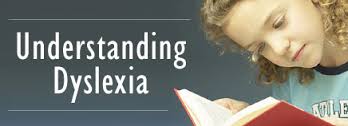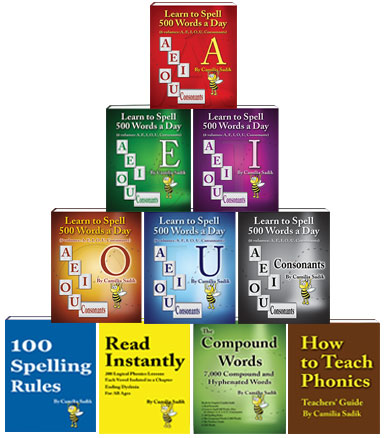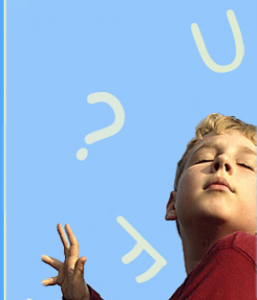Solutions for Dyslexia in Spelling
Dyslexia ends after learning to spell! Guaranteed!
Understanding how we get dyslexia is the key to ending it.

Our Free Solutions for Dyslexia
Solutions for Dyslexia in Reading and Spelling

Which Books to Choose to Prevent, Reverse, or End Dyslexia in Spelling? Select the Grade of Your Learner:
» Prevent dyslexia in Preschool with Preschool Phonics Book
» Prevent dyslexia in Kindergarten with Kindergarten Phonics Book
» Prevent dyslexia in the 1st grade with 1st Grade Phonics Book
» Prevent dyslexia in the 2nd grade with 2nd Grade Phonics Book
» Prevent dyslexia in the 3rd grade with K-3 Phonics Book
» Stop the progress of dyslexia in the 4th grade with 4th Grade Phonics Books
» Reverse dyslexia in the 5th grade with 5th Grade Spelling Books
» Reverse dyslexia in the 6th grade with 6th Grade Spelling Books
» End dyslexia in the 7th grade with 7th Grade Spelling Books
» End dyslexia in the 8th grade with 8th Grade Spelling Books
» End dyslexia in adults with Spelling Books for Adults
How severe is your dyslexia?

Some dyslexic persons can read but cannot spell the words they read, others might not read at all. Some write most letters in reverse, others may occasionally write letters in reverse. Some are obsessed with hurrying and the more they hurry, the more advanced dyslexia gets.
Some speed-speak because they are or were at some point intimidated, pressured or felt forced to speed-speak. They may say letters or words in a reverse, as in “my car is fast↔my fast is car.” It is much quicker and easier to prevent than it is to reverse dyslexia.
Most dyslexic persons misspell words, write letters in reverse, stumble when reading aloud, have difficulties spelling words orally, miss their exists if driving and someone is talking with them, have car accidents when text messaging and driving, and some write all letters in uppercase.
There are now simple solutions for dyslexia, and dyslexic persons can learn and are not learning disabled; they are logical learners with a logical learning style. They can only focus on one thing or one thought at a time. They are not visual and cannot visualize faces or the way words are spelled. They are perfectionists needing a long time to finish their work; all work to them must be creative or they may not finish it. They tend to be unhappy when disturbed while doing their creative work.
10 Phonics and Spelling Books or E-books


